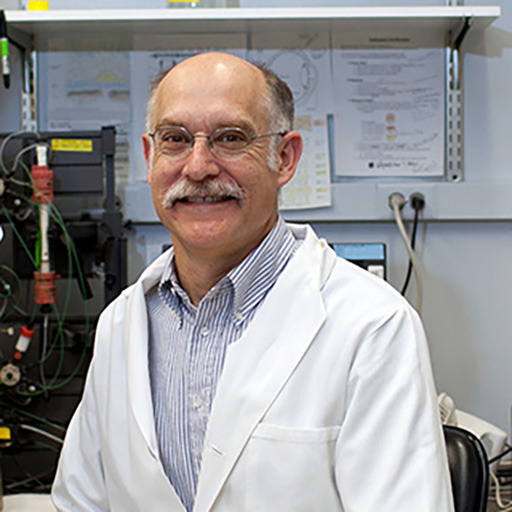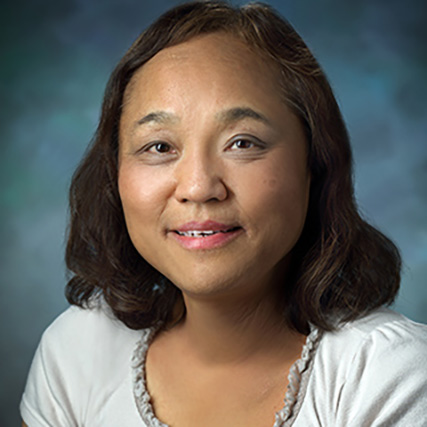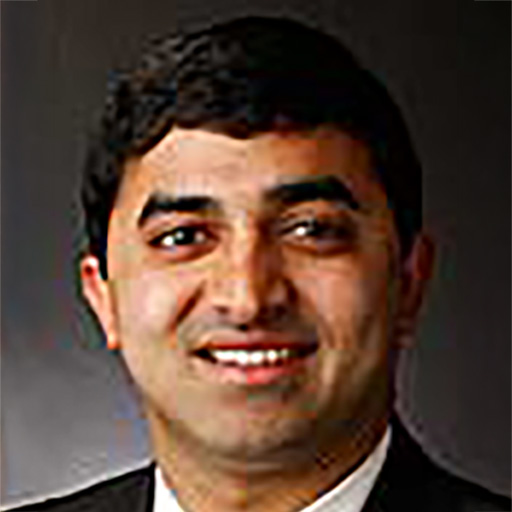Treatment of Retinal Degeneration in a Mouse Model for Dry AMD

About the Research Project
Program
Award Type
Standard
Award Amount
$100,000
Active Dates
July 01, 2012 - June 30, 2015
Grant ID
M2012029
Acknowledgement
Goals
Currently, there is no effective treatment for the early form of AMD, called dry AMD. Therefore, Dr. Lewin and colleagues aim to develop a new treatment for dry AMD by testing whether specific drugs can protect the retinal pigment epithelium (RPE) from succumbing to oxidative stress.
Summary
Currently there is no treatment for dry AMD. To find a treatment, Dr. Lewin and colleagues are testing systemic delivery of three different drugs in mice engineered to have their RPE cells missing a gene (SOD2) that’s involved in oxidative stress. Oxidative stress has been shown to play an important role in causing AMD. Results of these studies may lead to new therapies.
Lewin’s use of systemically deliverable therapeutic reagents is unique, and one of the compounds the team is testing has already been through Phase III trials for another disease involving nerve cells, namely Amyotrophic Lateral Sclerosis (ALS). The drug Lewin is testing is orally available and approved for human use.
If the research aims are successful, the team will take several steps to bring this information and a potential dry AMD treatment to patients. The first step would be to re-test the successful reagents in different AMD mice that are not directly related to RPE oxidative stress. Since preclinical information and human safety profiles are characterized for these compounds, this may accelerate bringing the drugs to clinical trial. In addition, if either class of compound shows promise, Lewin’s team would initiate a collaboration with a medicinal chemist to modify the compounds for local delivery to the eye. Fortunately, there is a strong program in Medicinal Chemistry at the College of Pharmacy at the University of Florida, and these scientists have already collaborated with Dr. Hendrik Luesch in that department.
Grants
Related Grants
Macular Degeneration Research
microRNAs in Age-Related Macular Degeneration
Active Dates
July 01, 2013 - June 30, 2016
microRNAs in Age-Related Macular Degeneration
Active Dates
July 01, 2013 - June 30, 2016
Macular Degeneration Research
Mouse Models for Studying the Role of Inflammation in AMD
Active Dates
July 01, 2012 - June 30, 2015

Principal Investigator
Noriko Esumi, MD, PhD
Mouse Models for Studying the Role of Inflammation in AMD
Active Dates
July 01, 2012 - June 30, 2015

Principal Investigator
Noriko Esumi, MD, PhD
Macular Degeneration Research
In Vivo Molecular Imaging of Neovascular AMD
Active Dates
July 01, 2012 - June 30, 2014

Principal Investigator
Ashwath Jayagopal, PhD
In Vivo Molecular Imaging of Neovascular AMD
Active Dates
July 01, 2012 - June 30, 2014

Principal Investigator
Ashwath Jayagopal, PhD



